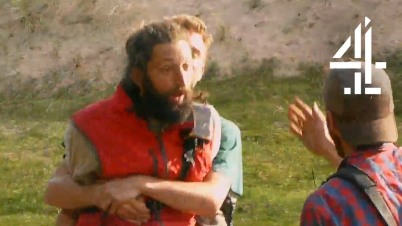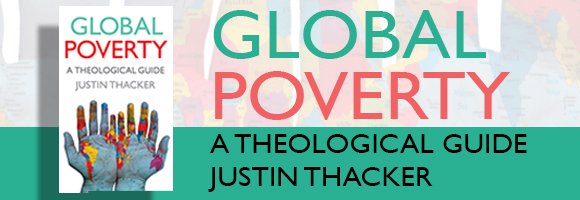Eden: Paradise Lost
Anyone who thinks the story in the garden of Eden isn’t true clearly hasn’t been watching Eden: Paradise Lost from Channel 4. I’ve just finished watching the series on catch up and it’s fascinating. 
The program is one of these reality, survival tales in which 23 volunteers are cut off for a year in a remote part of Scotland, given a range of provisions, and asked to set up an Eden-like existence. While those of you who watch the Island with Bear Grylls will be familiar with the inevitable story of decline as people struggle to survive that shouldn’t have been the case here. The producers had carefully selected the 23 people to have the range of skills that would be required to create this new model community. They had a farmer, a fishermen, a carpenter, a deer hunter, a doctor, a plumber and so on. They were set in a large area of land next to the sea; they had a range of tools with them; and plenty of stock of every kind to get them going – this was meant to be an experiment in how easy it was to create a new Eden.
But of course paradise is not what occurred and within a relatively short time the community descended into what one of the participants called ‘the darkness’. What I found remarkable about this descent is the way in which it paralleled the story in Genesis 1-3.
So just as Adam and Eve ended up with a less than healthy relationship, so in Eden: Paradise Lost, there was a clear division between men and women in the community. Some of the men retreated to a shocking level of misogyny which left the women feeling vulnerable and scared. Just as the first Eden had its forbidden fruit, so on Eden: Paradise Lost some of the participants got access to contraband from the outside world – and there’s a particular scene in which the whole community discusses who has got a phone. No-one admits it of course, but they all know a ‘sin’ has been committed.
Just as Adam and Eve get expelled from the garden, so people are expelled from this community and just as Adam and Eve found their environment to be difficult following the expulsion, so this community struggle to maintain their garden and go on an animal killing spree as their numbers decrease.
Eden: Paradise Lost tells a story of what happens when there is no shared sense of morality, when people are just left to themselves to develop their own sense of right and wrong. Repeatedly, as the arguments, fights and behaviour get worse – the cry from those trying to hold it all together was how can these people behave this way, ‘they wouldn’t behave like this in the outside world’. And what strikes me about that is how when you strip away an external morality, you don’t seem to be left with peaceful, loving characters, you seem to be left with behaviour that one participant described as ‘a bit feral’. If Eden: Paradise Lost shows us anything, it’s that an inner moral compass isn’t enough – far too often, it’s simply wrong, or too self-centred – rather we do need one another to help us navigate our moral landscape, and ultimately of course that means God as a guide.
I don’t think the original Eden story – the one found in Genesis – is literally, historically true, but as Eden: Paradise Lost demonstrates it contains far more truth than we can ever imagine.
Sorry, the comment form is closed at this time.
